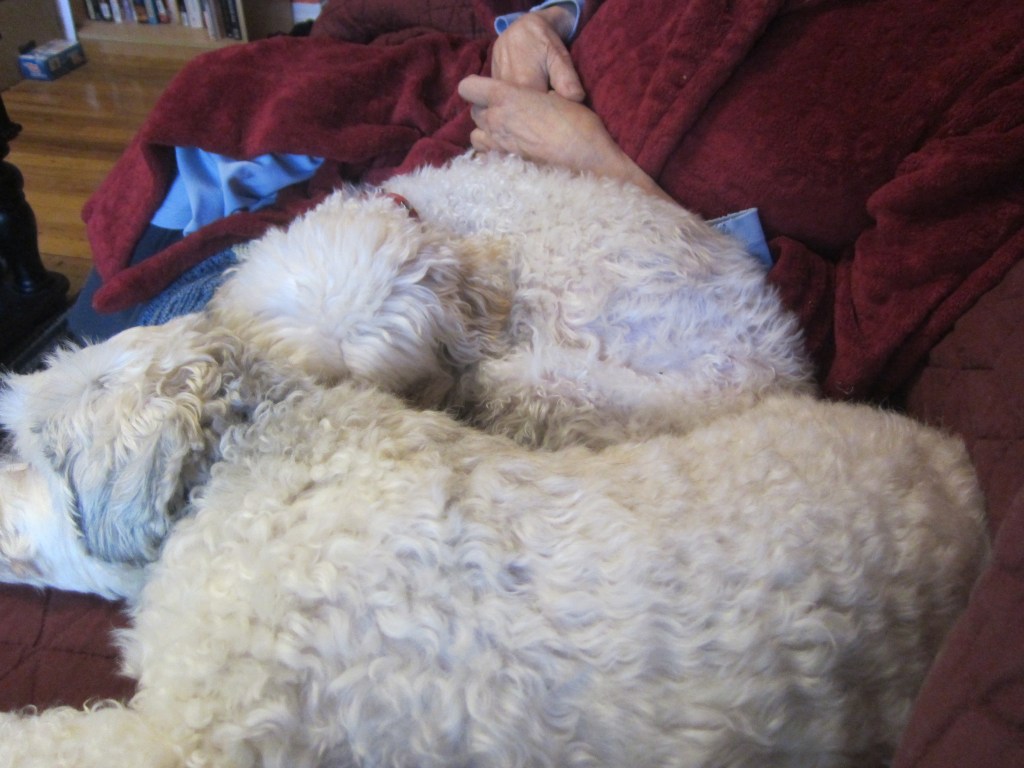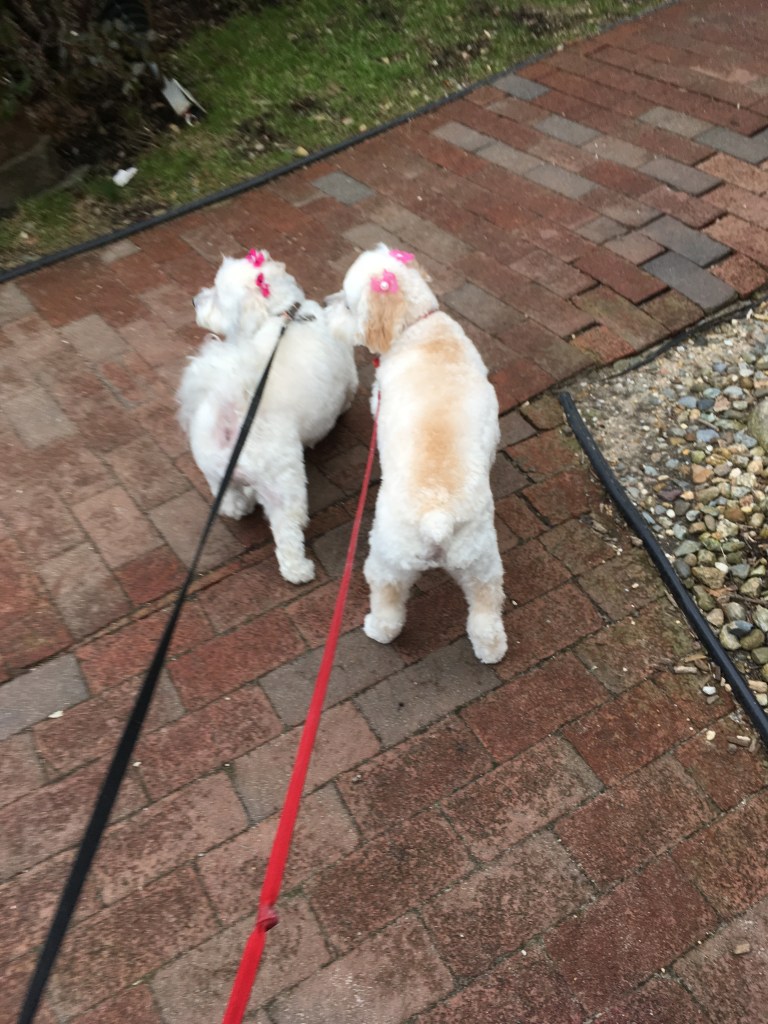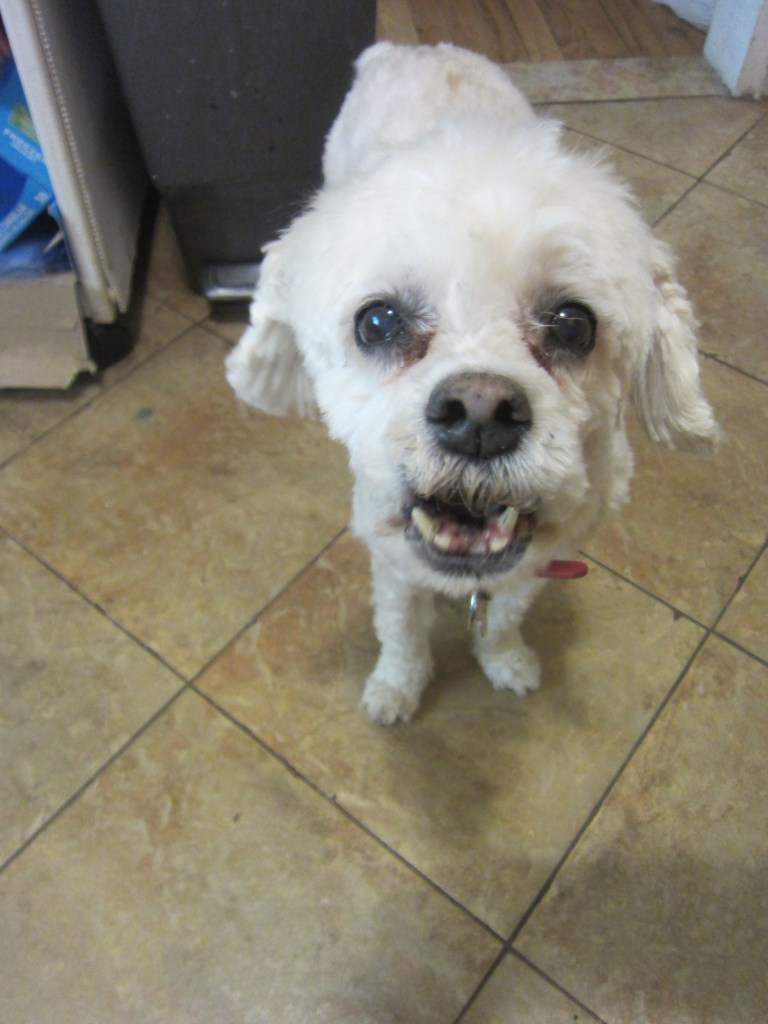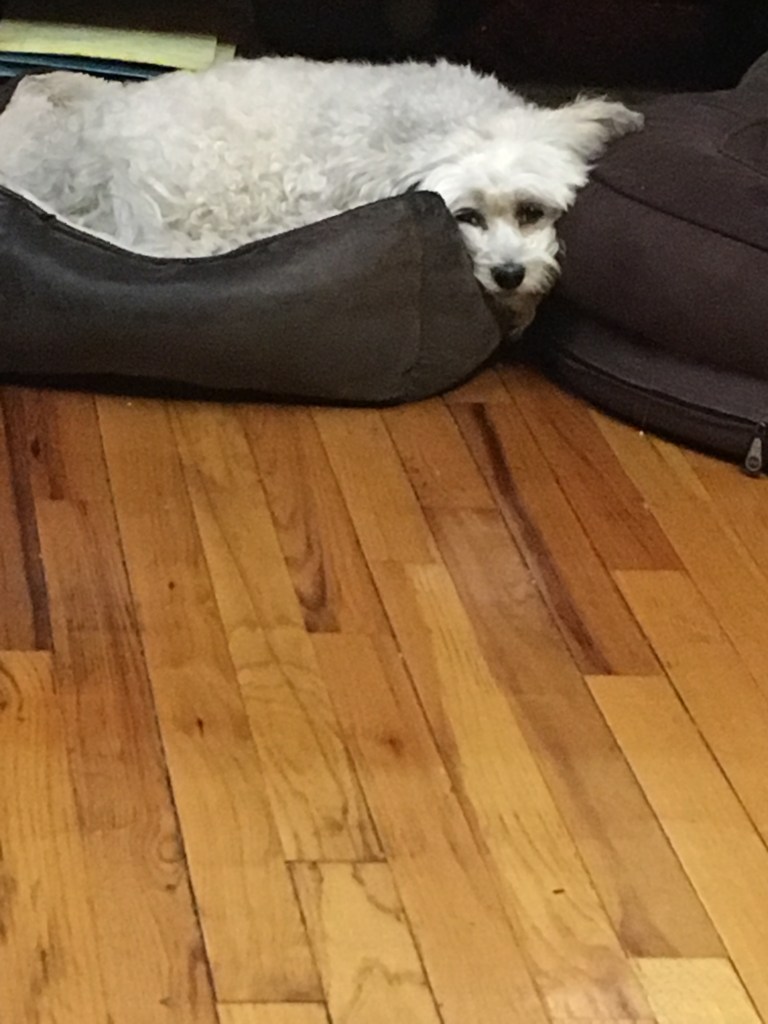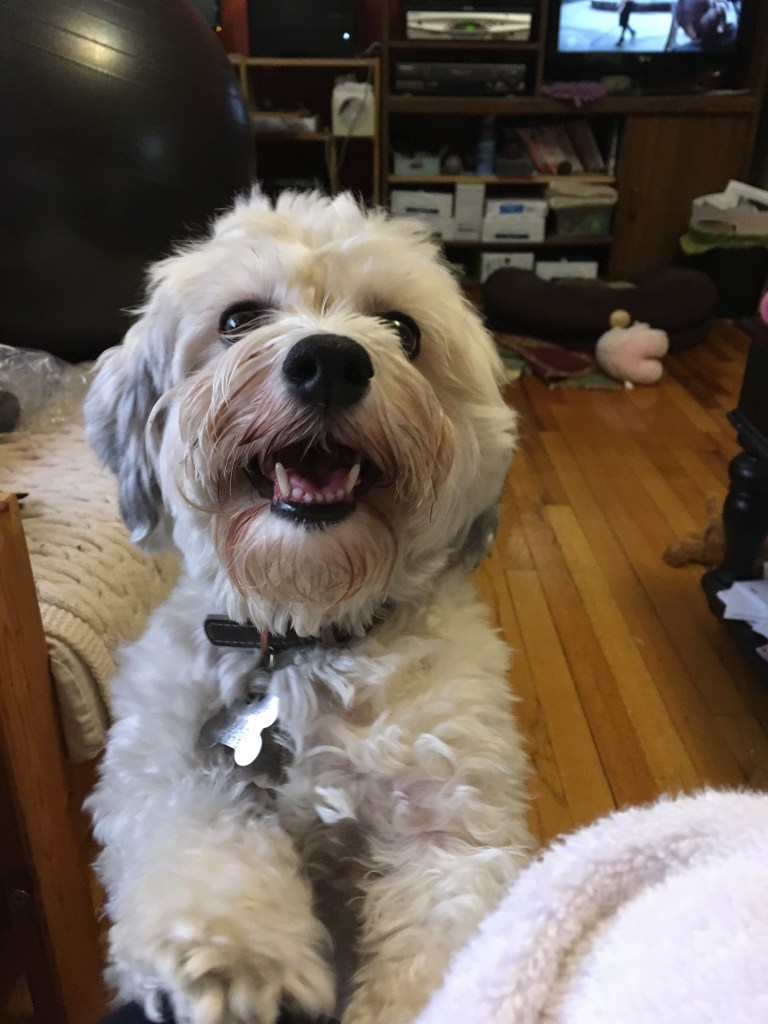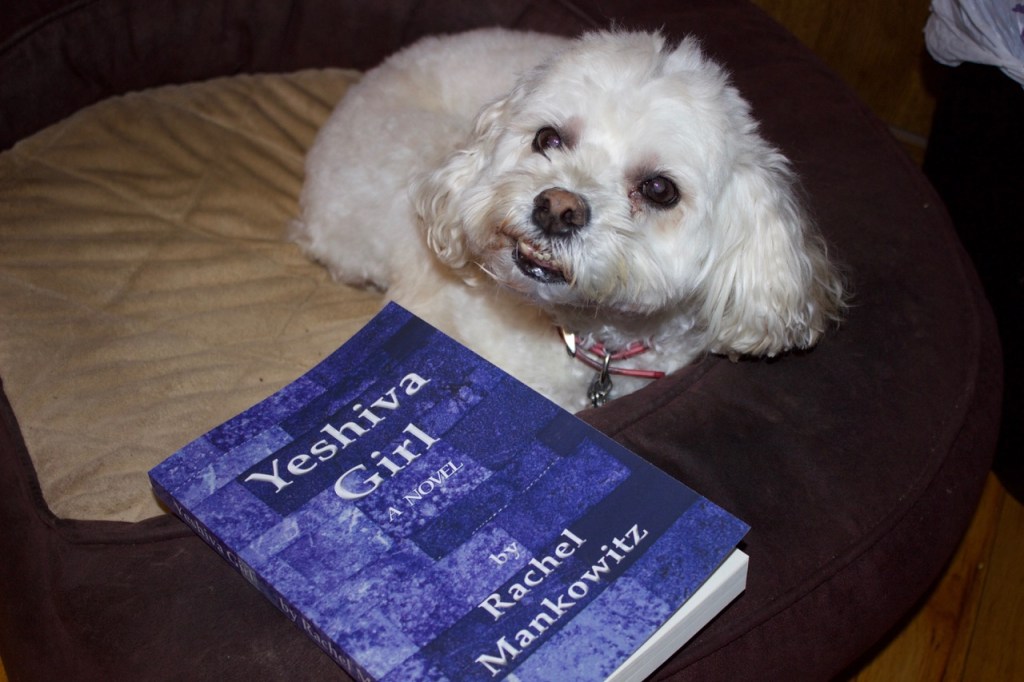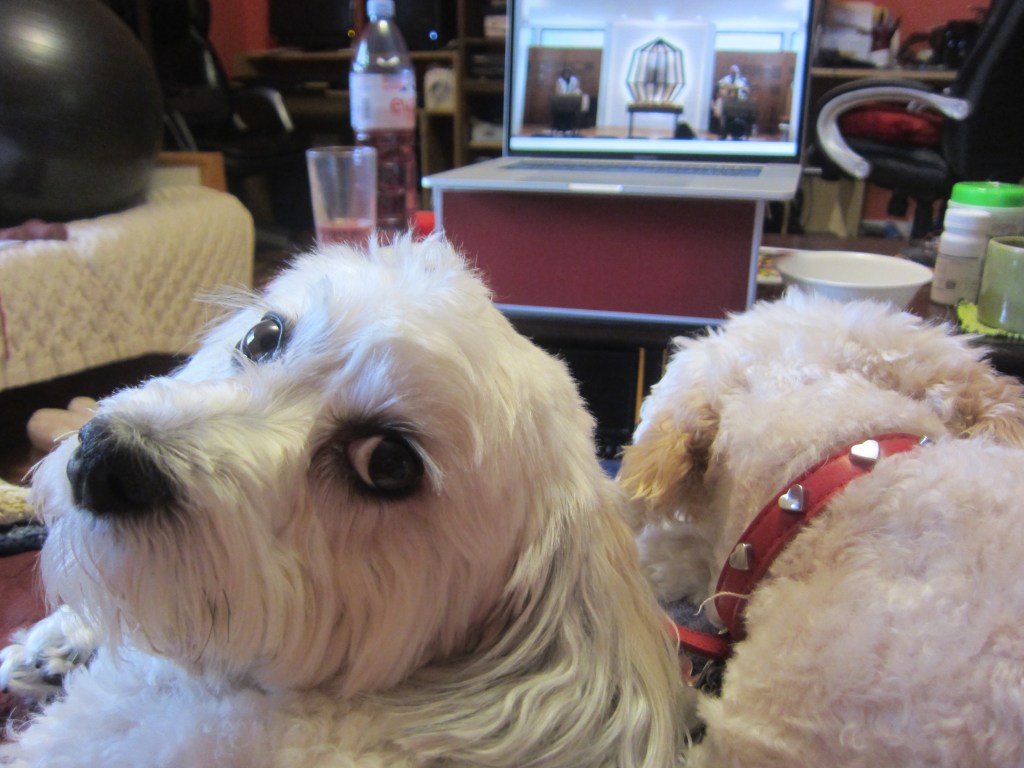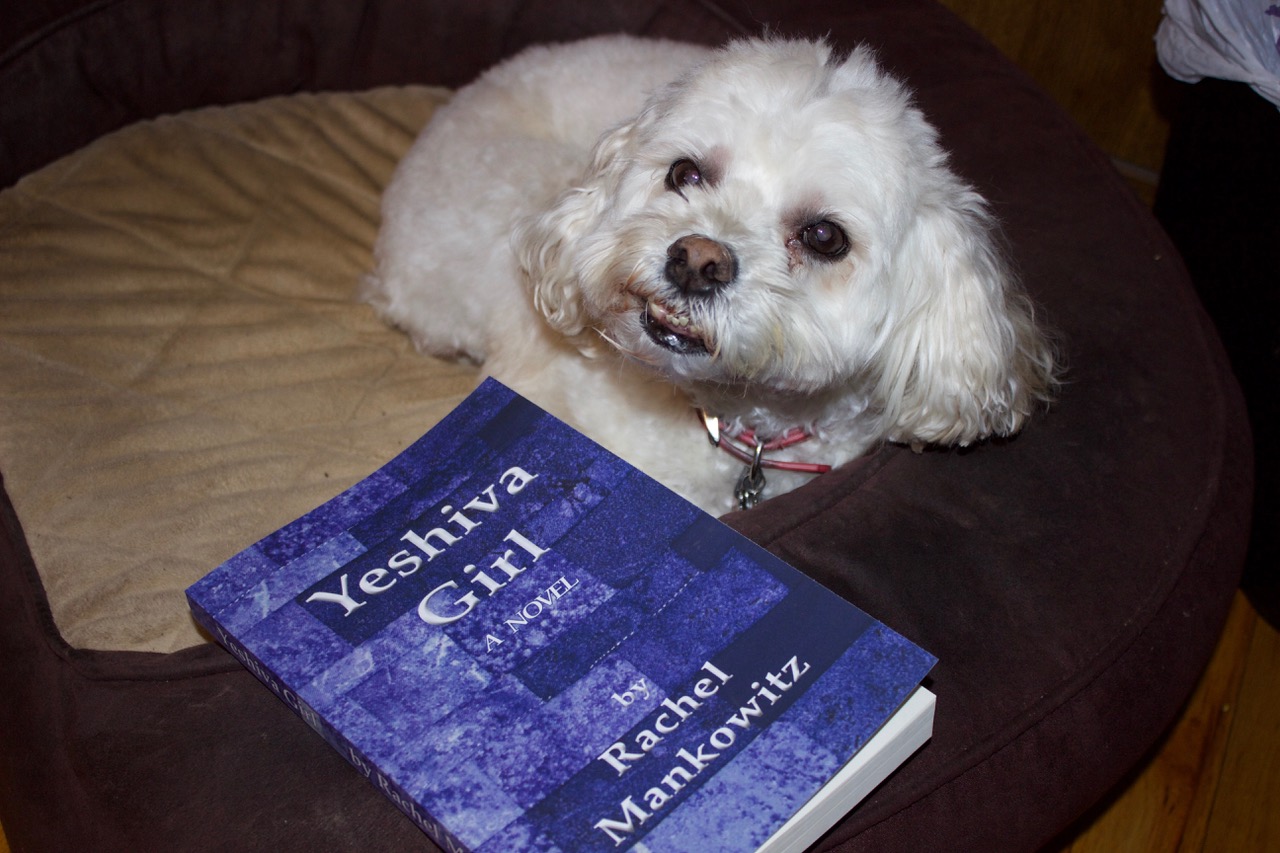For a long time now I’ve been trying to be practical: I went out and got a social work degree because I thought I needed to have a practical career, and I discovered that wanting to be practical and being able to do those practical things is not the same at all; and then, or even before then, I tried to be more practical about my writing, and focus on what other people wanted me to write, instead of trusting myself and writing what I needed to write.
I spent most of last summer working on essays about psychology and trauma, because that’s what I thought I should do, because it seemed more practical than writing fiction, and more likely to get published. But, while my therapist was somewhat happy with my efforts (nothing I write is quite how she would write it, so…), I found the writing difficult and frustrating, and alienating, and the rejections kept coming anyway.
Back when I went to school to be a writer, the message was always that there is a right way to write: there are rules you have to follow, and styles and techniques that you have to master. But four years of graduate school (two masters degrees) didn’t teach me how to be that writer, they just instilled a lot of stop signs in my brain, telling me what not to do, and who not to be (basically me). And then came all of the rejections from the publishing world, for work my teachers thought would get accepted. It’s demoralizing to be rejected both for who you are and for who you aren’t. It doesn’t leave many options.
But it would be unfair to blame my fiction block solely on those rejections. I haven’t felt safe writing fiction for a while now, partially because of the external voices telling me that I’m writing all the wrong things, but even more so because I’ve been afraid of the truths that will come out if I allow my imagination to run free. At least with memoir writing, I only have to deal with the things I was willing and able to do in my real life; in fiction I would be opening the door to all of the forbidden thoughts: all of the dreams and ideas and impulses I’ve refused to act on.
The thing I’ve always loved about writing fiction is that I don’t have to worry so much about the truth. I don’t have to worry if I’m misquoting or mischaracterizing someone (or capturing them exactly as they are, but as they don’t want to be seen). I can play. As a kid that meant that I could write wish-fulfillment stories, and send my characters to exciting places and give them of all the money and friends and good looks I could ever want. But even then I discovered that letting my imagination go where it wanted to go meant that other things came up too, darker things that I didn’t want to deal with. I’d try to write my version of Fantasy Island, where everything was supposed to be perfect, and monsters would start climbing up the walls and crawling out from under the beds.
I kept writing fiction, but I found ways to keep a lid on my imagination, listening to all of the No’s in my head, from teachers and family and friends and writing around all of those stop signs. Each story or novel took forever to write, with all of those interruptions, and the process was not fun, and I became more and more discouraged.
But I can’t stop writing; that’s not one of the options. I want to be able to convince myself that the rejections are irrelevant, and that instead of writing what I think I am supposed to write, I should write the things I need to write. But even if I can overcome the first set of stop signs, I’m not sure I can convince myself that it’s safe to write whatever comes into my mind. I want to trust myself. I want to be ready to just write and let the chips fall where they may, but what if those chips explode in my face?
If you haven’t had a chance yet, please check out my Young Adult novel, Yeshiva Girl, on Amazon. And if you feel called to write a review of the book, on Amazon, or anywhere else, I’d be honored.
Yeshiva Girl is about a Jewish teenager on Long Island, named Isabel, though her father calls her Jezebel. Her father has been accused of inappropriate sexual behavior with one of his students, which he denies, but Izzy implicitly believes it’s true. As a result of his problems, her father sends her to a co-ed Orthodox yeshiva for tenth grade, out of the blue, and Izzy and her mother can’t figure out how to prevent it. At Yeshiva, though, Izzy finds that religious people are much more complicated than she had expected. Some, like her father, may use religion as a place to hide, but others search for and find comfort, and community, and even enlightenment. The question is, what will Izzy find?
